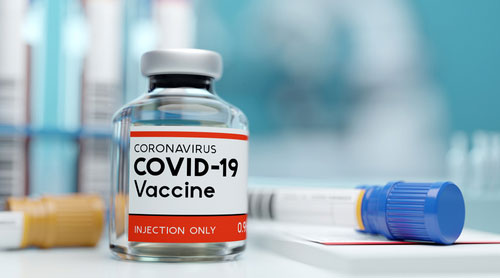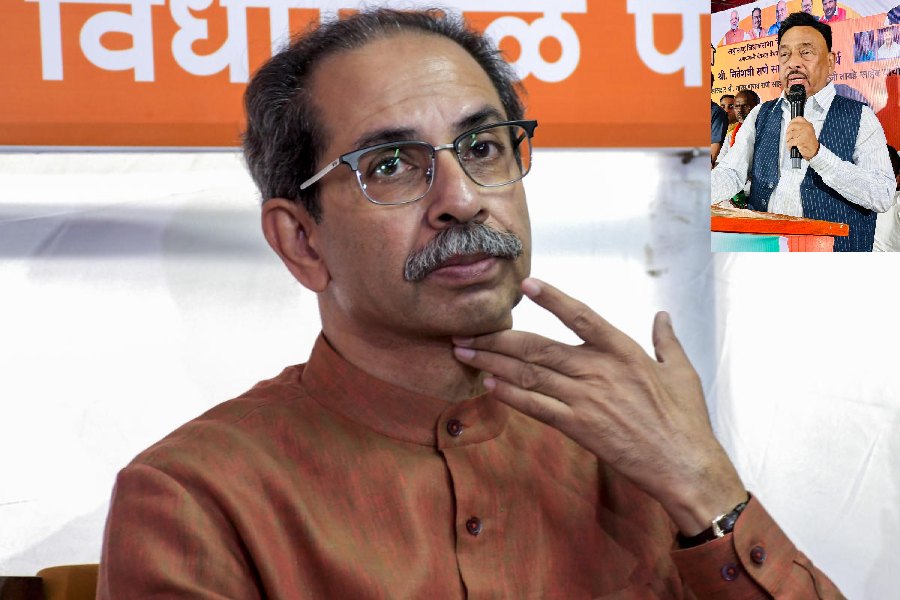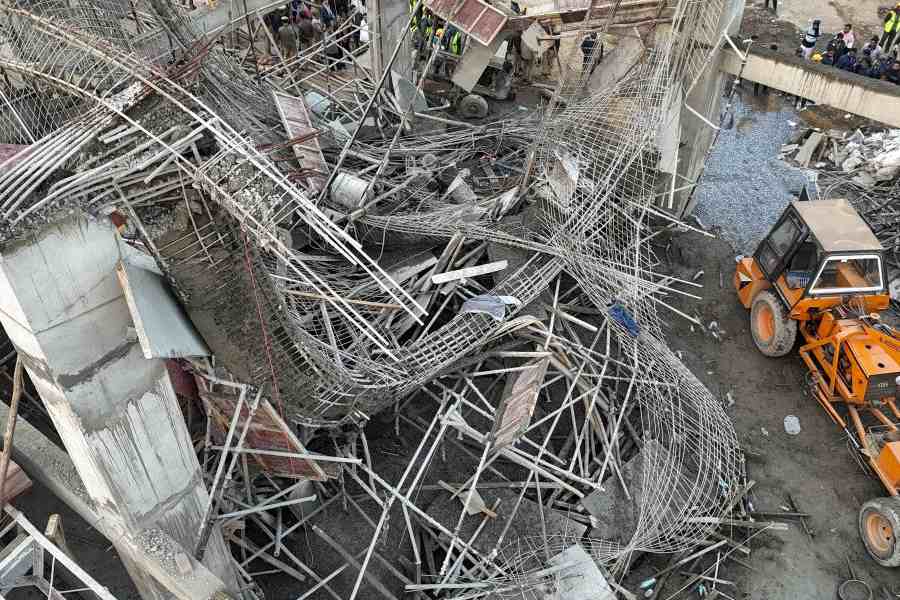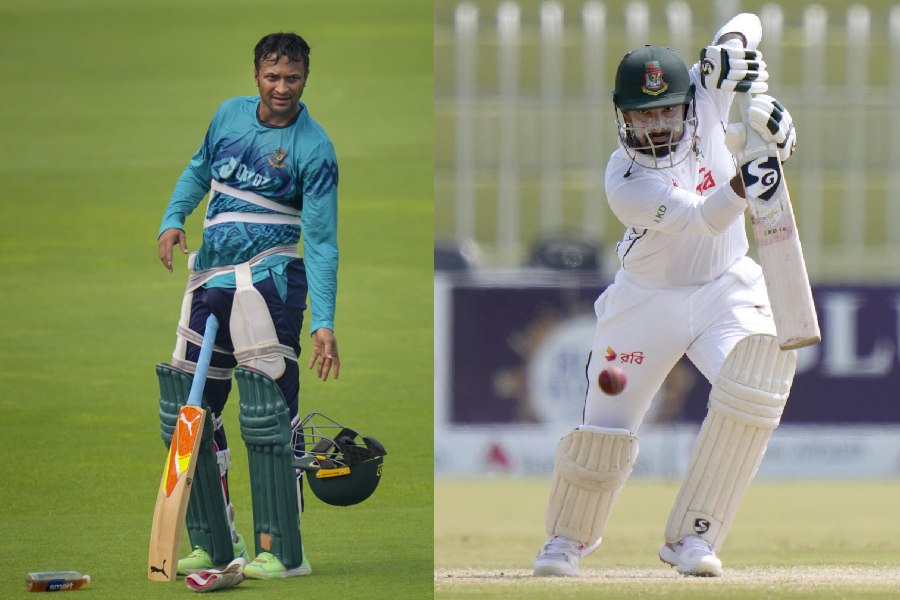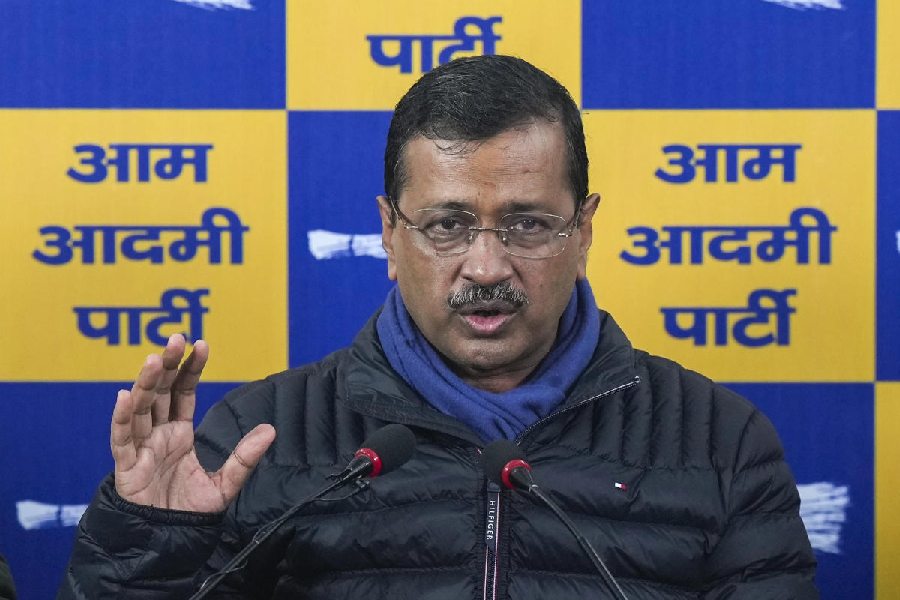People older than 50 and those below 50 with certain underlying illnesses could be among three prioritised population groups to receive the Covid-19 vaccine from the government, the health ministry said on Tuesday.
It also underlined an infrastructural challenge, saying the existing cold chain network of deep freezers and refrigerators has the capacity to store Covid-19 vaccines to support the immunisation of only 10 per cent of the estimated 300 million prioritised people.
The prioritised populations recommended by a national expert group include about 10 million healthcare workers, 20 million frontline workers, and 270 million people either aged above 50 years or with co-morbidities, the ministry said.
“These are the (expert group) recommendations. The government has to take a decision on this,” Union health secretary Rajesh Bhushan said, adding that immunisation for these groups need not be sequential.
“When immunisation starts, it can be simultaneous, depending on the availability of vaccines. As vaccine availability increases, immunisation can be (done) in parallel (for) different priority groups, not sequentially,” he said.
The expert group has recommended that “every single Indian who needs to be vaccinated will be vaccinated” — a subtle shift from earlier signals from the Centre that the Covid-19 immunisation would be universal, reaching out to “each and every person”.
Bhushan said the prioritised groups would include healthcare providers and workers in the public and private healthcare sectors; personnel from state and central police departments, the armed forces, home guard and civil defence organisations; disaster management volunteers and municipal workers.
“These groups have been prioritised for their occupational vulnerability,” said a senior official guiding the planned immunisation campaign. “People above 50 and those below 50 with co-morbidities are prioritised because they are at high risk of severe disease and death.”
Medical studies worldwide have shown that people with illnesses such as diabetes, high blood pressure or kidney disease are at higher risk of severe disease and death if infected with Covid-19, compared with those without such co-morbidities.
The existing immunisation network has around 85,000 pieces of cold chain equipment such as deep freezers, vaccine refrigeration units and transport vehicles, distributed across 28,947 “cold chain” points. The current capacity can accommodate Covid-19 vaccines to support the immunisation of only 30 million people.
Bhushan said the ministry had consulted the states and Union Territories and assessed the additional requirements for the cold storage network. He added that additional supplies of equipment were expected to start rolling in from December 10.
India’s drug regulatory agency is set to review applications for the emergency authorisation use of Covid-19 vaccines from Pfizer, AstraZeneca and Bharat Biotech. Vaccine science specialists expect this regulatory process to take anything from weeks to days, given the urgency to release the vaccines.
The Pune-based Serum Institute, which is manufacturing the AstraZeneca vaccine in India, has indicated it can provide 100 million doses of the two-dose vaccine to the government in January. India will need about 60 million doses to cover the prioritised healthcare and frontline workers.
Health officials are hoping that the home-grown vaccine jointly developed by Bharat Biotech and the Indian Council of Medical Research, and currently under efficacy trials, too would become available by early 2021.
“We’re hoping that at some point, there will be enough vaccines for everybody. But for now our priority is on accessing vaccines for the prioritised population groups,” said Vinod Paul, chair of the expert group on Covid-19 vaccine administration.

